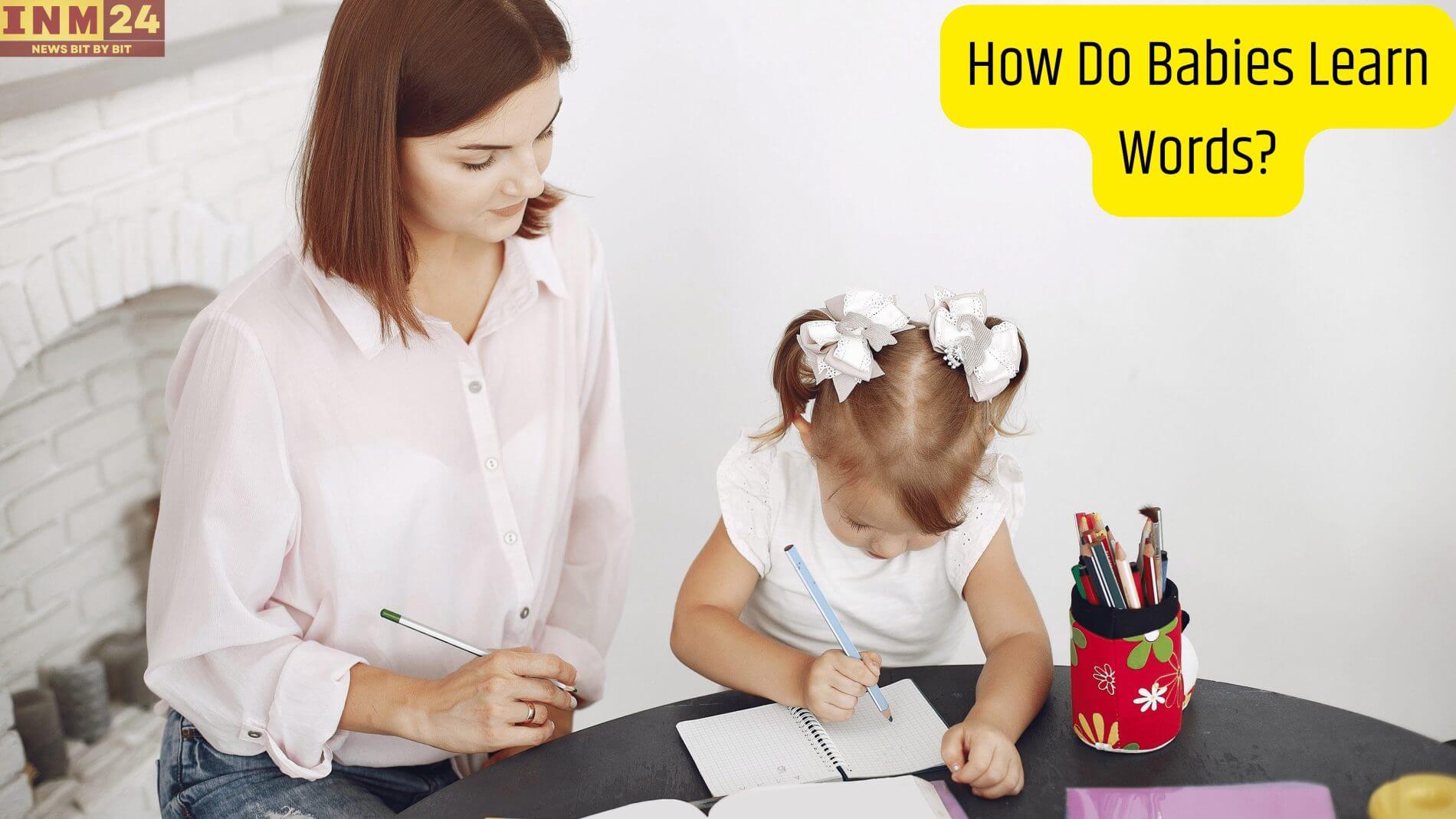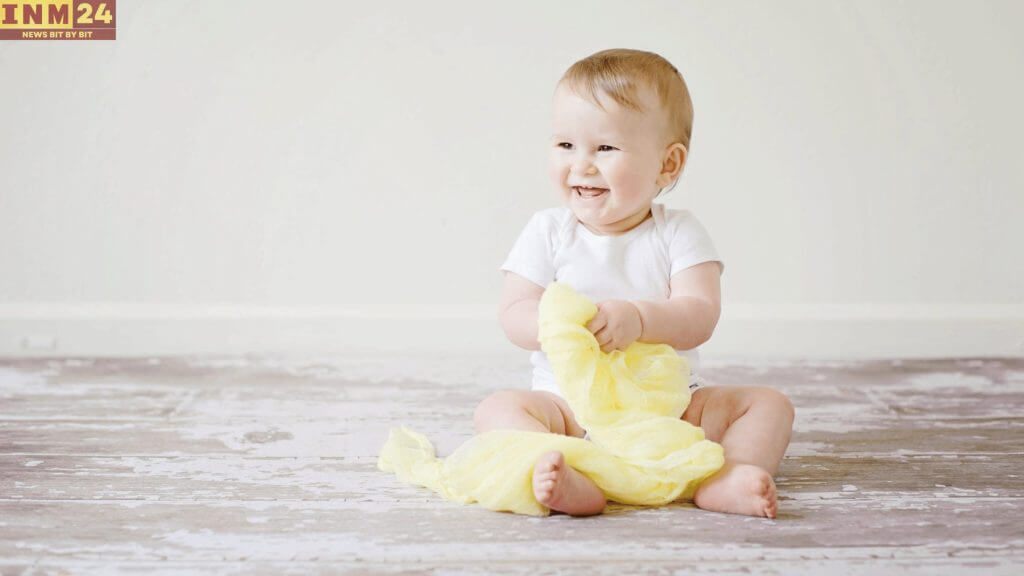Babies are born into a world of sounds, sights, and sensations, yet within a few short years, they become fluent speakers of their native language. This remarkable feat of language acquisition has long fascinated scientists and parents alike. How exactly do babies learn words, and what processes are at play in their developing minds? Recent advances in artificial intelligence (AI) have shed new light on this age-old question, offering intriguing insights into the mechanisms behind early language learning.
From the moment they are born, babies are immersed in a rich linguistic environment. They hear the cadence of their parents’ speech, the chirping of birds outside their window, and the chatter of siblings and caregivers. But how do they make sense of this cacophony of sounds and begin to map them onto meaningful words?
One theory, known as the “social interactionist perspective,” posits that babies learn language through interaction with caregivers. According to this view, caregivers provide infants with rich linguistic input and engage in joint attention and turn-taking, which help babies to decipher the structure and meaning of language. Through this interactive process, babies gradually develop the ability to recognize and produce words.
However, recent research suggests that babies may possess innate language-learning abilities that go beyond mere social interaction. Enter artificial intelligence, which has enabled scientists to simulate the process of language learning in a controlled experimental setting. By training AI models on vast datasets of language, researchers have been able to investigate how babies might learn words in the absence of direct social interaction.
One such AI experiment, conducted by a team of researchers at leading universities, employed a machine learning approach to explore early word learning. The researchers trained a neural network on large corpora of text and audio data, exposing it to a wide range of linguistic patterns and structures. They then tested the AI model’s ability to recognize and categorize words based on contextual cues.
Surprisingly, the AI model demonstrated an impressive capacity to learn words from context alone, even without explicit social interaction. By analyzing patterns in the input data, the model was able to infer the meanings of unfamiliar words and accurately classify them into semantic categories. These findings suggest that babies may rely on similar statistical learning mechanisms to bootstrap their vocabulary acquisition.
Furthermore, the AI experiment revealed that contextual cues play a crucial role in word learning. Words that occurred frequently in meaningful contexts were more likely to be learned and retained by the AI model, highlighting the importance of exposure and repetition in the language-learning process. This echoes findings from developmental psychology studies, which have shown that babies benefit from exposure to rich and varied language input.
While the AI experiment provides valuable insights into the mechanisms of early word learning, it is important to note that babies’ language acquisition is a complex and multifaceted process. Social interaction, environmental factors, and individual differences all contribute to the development of language skills. Nonetheless, AI research offers a fascinating glimpse into the underlying principles that govern language acquisition in infancy.
In conclusion, the question of how babies learn words remains a topic of ongoing research and debate. While traditional theories emphasize the role of social interaction, recent AI experiments suggest that babies may possess innate language-learning abilities that allow them to extract patterns and regularities from their linguistic environment. By combining insights from developmental psychology and artificial intelligence, scientists hope to unravel the mysteries of early language acquisition and pave the way for innovative approaches to early childhood education and intervention.
Read More: NASA’s Odyssey to the Moon: Second Attempt Set to Land Within a Week


